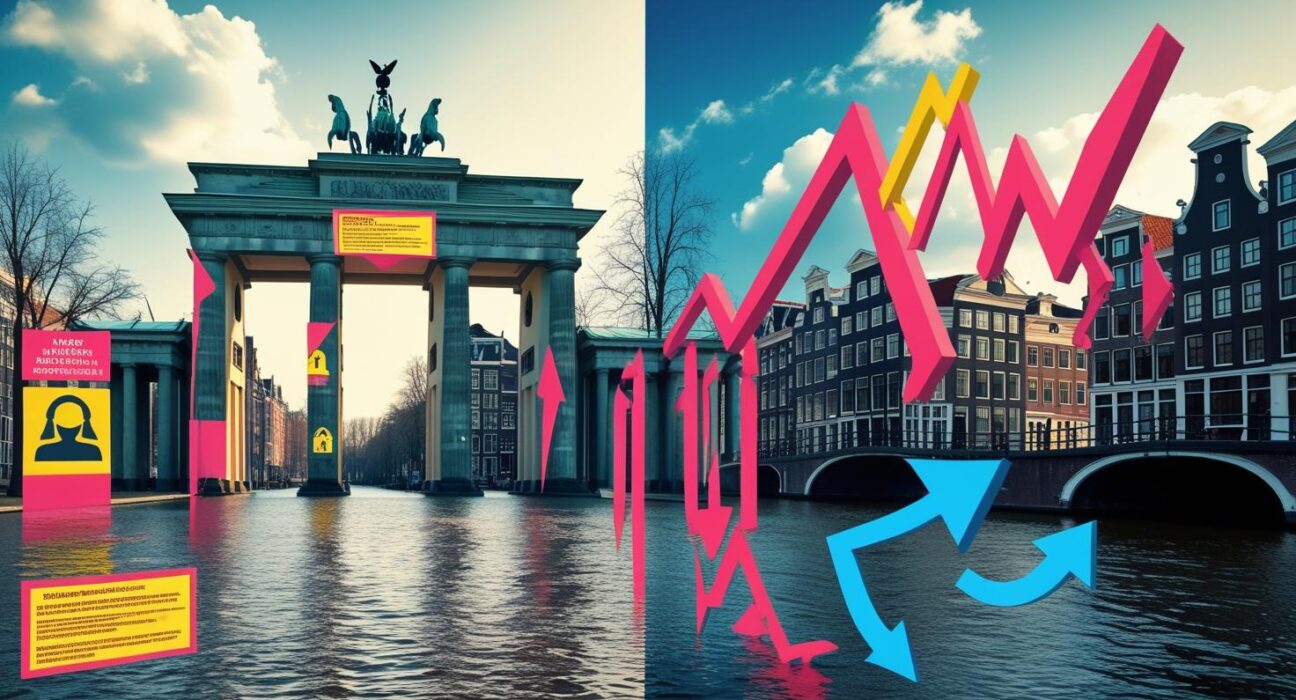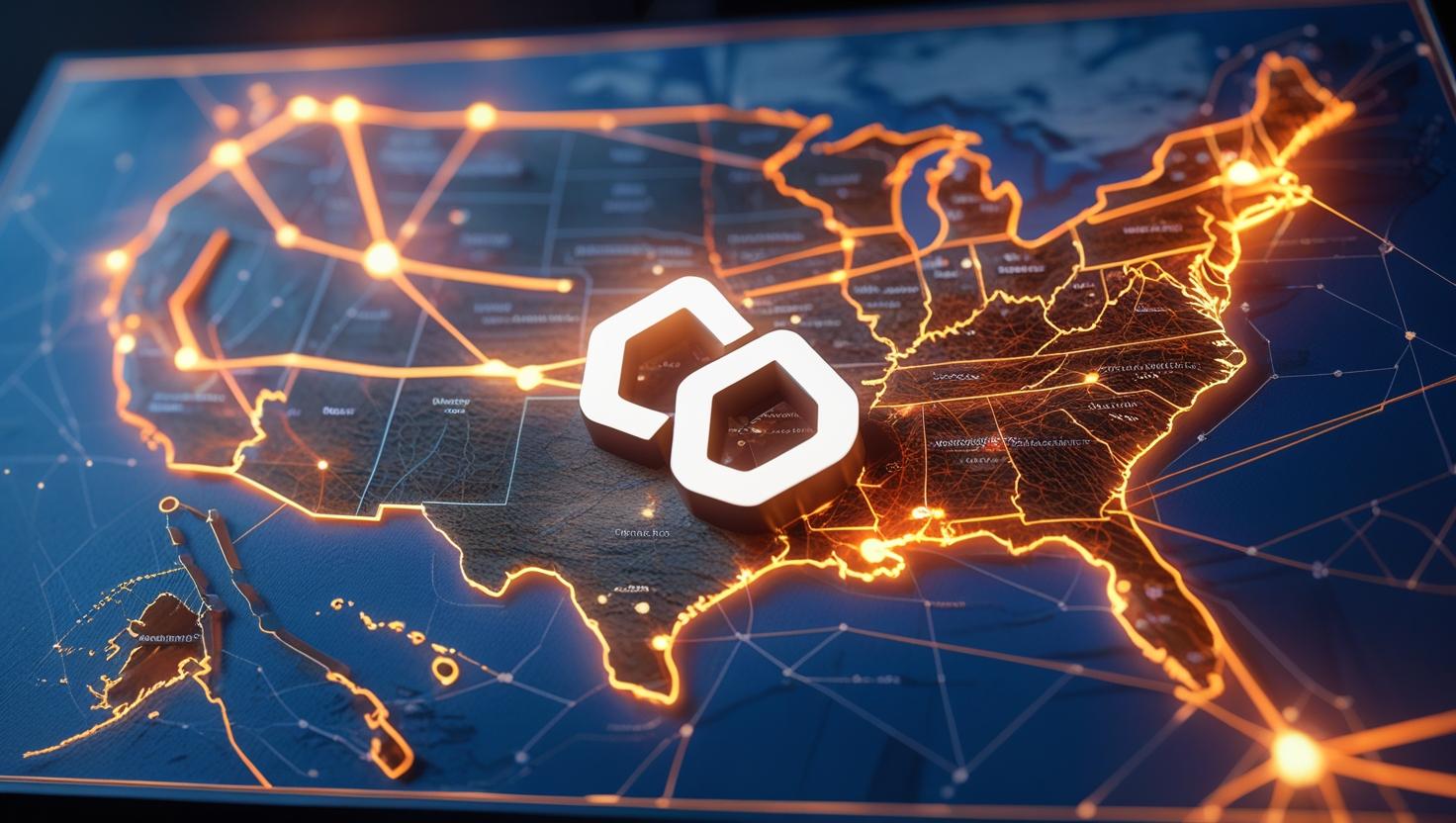Two of Europe’s most influential markets are rewriting the rules of online gambling — but are they leading the way forward or crippling innovation under the weight of overregulation?
🇪🇺 A Continental Reset: Why Germany and the Netherlands Matter
In the global iGaming map, regulation isn’t just paperwork — it’s power.
And in 2025, few countries have wielded that power more disruptively — and decisively — than Germany and the Netherlands.
What’s happening in these markets is more than national reform. It’s a blueprint battle for the soul of European gambling:
- Germany’s strict, state-centric model is squeezing out innovation
- The Netherlands’ focus on consumer protection and transparency is setting a new, and highly scrutinized, standard
- Operators across Europe are watching nervously — because what sticks in Berlin and Amsterdam may soon land in Brussels
🇩🇪 Germany: Regulation or Repression?
🧾 GlüNeuRStV: A New Era… or New Chaos?
In July 2021, Germany implemented the Interstate Treaty on Gambling (GlüNeuRStV) — an ambitious (some say reckless) effort to unify the country’s fragmented gambling laws.
Here’s what changed:
- Nationwide online casino licenses became available for the first time
- Operators must apply through the central authority (GGL)
- Strict limits:
- €1 max slot spin stake
- 5-second spin intervals
- Monthly deposit cap: €1,000 per player
- Advertising restrictions during daytime hours
- Mandatory player database checks (LUGAS) to prevent dual play or addiction
The idea was to protect consumers. The result?
A mass exodus of major brands and a surge in black market activity.
📉 The Fallout: Market Shrinkage & Brand Withdrawal
By 2024, the impact was clear:
- Market growth stalled at €3.5 billion GGR, below expectations
- Operators like Betfair and PokerStars Casino pulled out
- Players migrated to unlicensed offshore sites with better UX and fewer limits
- Legal operators struggled with low margins and high regulatory costs
A 2023 survey by Handelsblatt revealed that only 34% of online gamblers used legal platforms — the rest had switched to unregulated options.
The irony? Germany built a fortress — and locked out its own citizens.
⚠️ Black Market Boom
Operators estimate that unlicensed sites now control 40%+ of the German market. Why?
- Better bonuses
- No €1 limit
- No KYC overload
- Faster games and withdrawals
Legal brands are stuck between compliance and competitiveness.
Even the GGL (Gemeinsame Glücksspielbehörde der Länder) admitted in 2024 that the current system “needs adjustments.”
🇳🇱 Netherlands: The Controlled Experiment in Transparency
While Germany clamped down, the Netherlands opened up — intelligently.
✅ KOA Act: Smart Regulation in Practice
In October 2021, the Remote Gambling Act (KOA) launched with clear goals:
- Protect players
- Open the market to licensed operators
- Crush illegal platforms through visibility, not volume
Key features:
- Licensing through Kansspelautoriteit (KSA)
- Mandatory Cruks (exclusion register)
- Transparent advertising code of conduct
- Licensing tied to responsible gambling KPIs
- Cultural focus on problem prevention, not punishment
The Netherlands went for a carrot-and-stick model — and it’s (mostly) working.
📈 Rapid Growth, Clear Rules
By late 2024:
- 27+ licensed operators live, including Bet365, Holland Casino, Unibet
- Total GGR exceeded €1.1 billion, doubling year-over-year
- 85%+ of online gamblers now use legal platforms
- KSA reported a drop in problem gambling indicators
The Dutch market is one of the cleanest, most transparent in Europe — and KSA has teeth.
In 2023 alone:
- €26 million in fines were issued to illegal operators
- Sponsorships with athletes and influencers were heavily restricted
- Bonuses are capped and must be clearly explained
⚔️ Germany vs Netherlands: Two Philosophies, One Continent
| Feature | Germany | Netherlands |
| Licensing Body | GGL | KSA |
| Stake Limits | €1 per spin | None (encouraged to self-regulate) |
| Deposit Limits | €1,000/month | No hard cap (risk-tiered approach) |
| Exclusion Database | LUGAS (real-time) | Cruks (centralized) |
| Bonuses | Severely limited | Regulated but flexible |
| Black Market Share | ~40% | <15% |
| Market Trust | Low | High |
Germany seeks absolute control.
The Netherlands wants sustainable participation.
One market is shrinking; the other is thriving.
🧩 The Operator Dilemma: Stay, Adapt, or Exit?
For operators, Europe’s regulatory mood swing is an existential challenge.
Adapt to Netherlands:
- Invest in Dutch-specific compliance
- Build responsible gambling features (e.g. popups, cooling-off)
- Create Cruks integration and in-language support
Or exit Germany:
- Limits make profitability difficult
- Tech infrastructure demands are steep
- Player leakage to offshore platforms undermines ROI
Brands are shifting resources:
- 888 exited Germany entirely
- Entain halved its marketing in DE
- Kindred Group doubled down on NL expansion
The message is clear: Regulation isn’t the enemy. Bad regulation is.
🔍 What This Means for EU-Wide Regulation
The EU doesn’t directly regulate gambling — yet.
But as Germany’s overregulation backfires and the Netherlands earns praise for consumer-first rules, other countries are watching and adapting.
Spain is considering deposit limit refinements.
France is exploring responsible gambling frameworks akin to Cruks.
Sweden has begun to reevaluate advertising permissions.
Even the European Commission has floated the idea of a standard framework for gambling integrity and transparency.
Germany and the Netherlands might not just reshape local markets — they may determine what “regulated iGaming” means in Europe for the next decade.
🔮 What to Watch in 2025
- Germany’s Adjustments
GGL has hinted at reviewing stake limits and speeding up licensing. - Dutch Bonus Reform
With rising competition, expect more flexibility on promotions — but under tighter ad scrutiny. - EU Commission Framework Drafts
Possible guidelines on cross-border data sharing and affiliate transparency. - Operator Restructuring
Expect more brand exits from Germany and heavy reinvestment in NL and Spain. - Tech-Led Compliance Tools
From AI-based affordability checks to Cruks-style integrations, tech will be key.
🎯 Final Thought: The EU’s Future Is Being Written in Berlin and Amsterdam
In the grand casino of European regulation, Germany is the cautionary tale, the Netherlands the cautious success.
One chose walls. The other chose windows.
As operators navigate the next phase of expansion, retention, and responsibility — their playbook is being drafted in real-time, by regulators who either understand players… or don’t.
The smart money? It’s betting on balance. The Netherlands might just be the house worth playing in.











